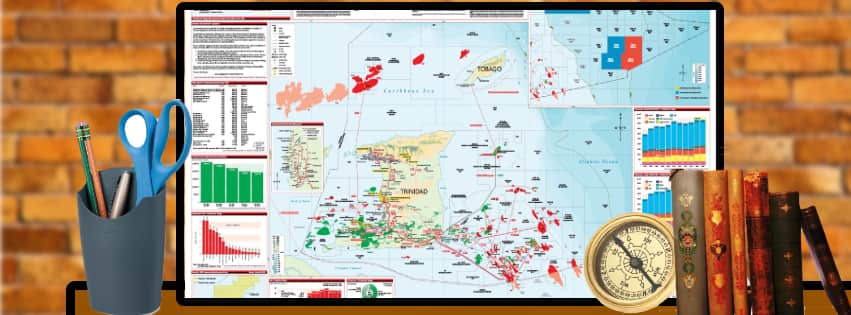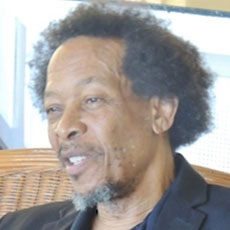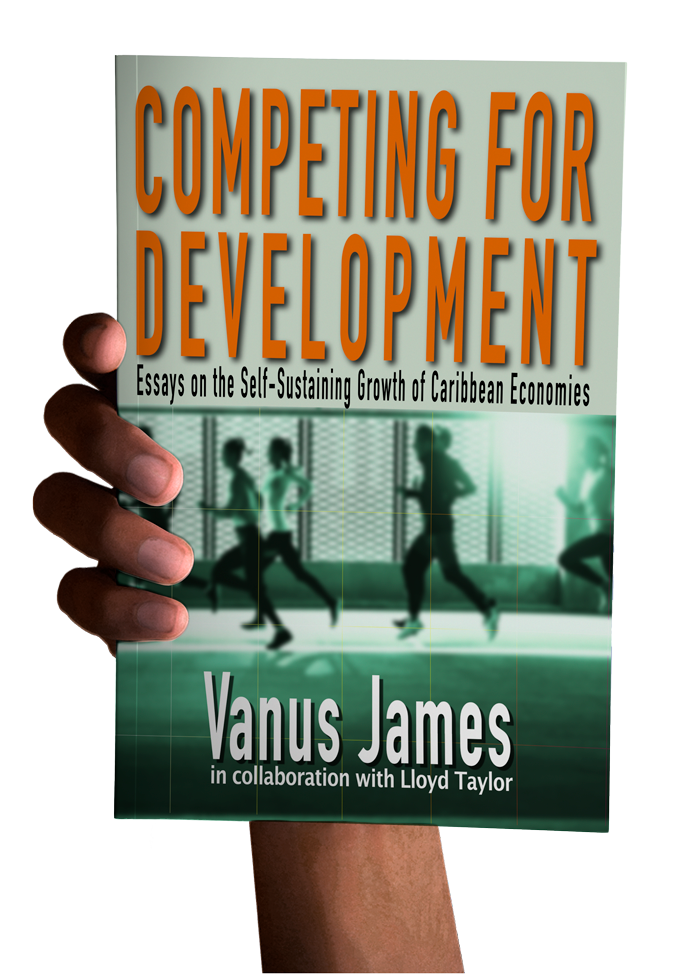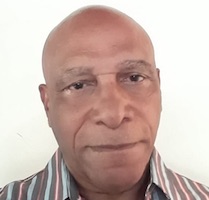
Self-Determination, Boundaries and Tobago's Strategic interest
Why do Tobago’s boundaries matter?
The answer lies in the principles of self-determination, justice, and in the historical practices of Trinidad in treating with them when applied to Tobago.
In its proposed amendment of the constitution, the government will recognize the widely- accepted principle that Tobagonians, like all people, share the universal right to self-determination. That is, Tobago has the right to its own strategic interests and aspirations, economic, social, and cultural. Moreover, small size or economic unpreparedness and prospects are no pretexts for denying Tobago this right.
What is at issue are the boundaries within which Tobago can pursue those strategic aspirations. The boundaries are an issue because of the fundamental monopolies that Trinidad has established for itself in the national sea space since the creation of the union in 1889. For 130 years, Trinidad has benefitted from a system of government that has allowed it unjust monopoly of national decision-making and with that national budgetary resources, national institutions, and national development opportunity. No sphere is excluded, not even tourism. Trinidad will not voluntarily relinquish its monopolies and share power equitably with Tobago.
Only by rectifying and defining its correct boundaries can Tobago win justice. Failure to do so will facilitate Trinidad’s perpetuation of its monopolies by default. Like the colonial masters of our past, Trinidad will not learn voluntarily. Tobago must insist on its correct boundaries if it is to pursue its strategic aspirations as an equal partner with Trinidad. Tobagonians generally agree that the territorial boundaries defining Tobago are neither the 6-mile perimeter used in the current THA Act 40 of 1996 nor the 11-mile perimeter now being contemplated by the framework constitutional amendment document recently laid before Parliament.
For Tobagonians, there is broad consensus that the appropriate boundaries are those set by the optimal median line between Tobago and Trinidad, with everything northwards of that being Tobago and everything southwards being Trinidad. Many Trinidadians differ with Tobagonians on that matter. It suits Trinidad leaders to insist on the perspective of a ‘unitary state’. Tobagonians should be satisfied with the 6- or 11- mile definition, or better still the island defined by its low watermark.
Then, Trinidad could govern the country minus the 11-mile ring, and benefit accordingly by claiming 96% of all the budgetary allocations, by dominating policy, and by claiming all the development opportunity that goes with the dominance. For Tobago, the right answer is tied to its natural and equal rights and fair equality of opportunity, but that does not matter to those who reject the idea that Tobago should have strategic aspirations in the first place. If Tobago has no independent aspirations, why want appropriate boundaries? They are willing to dismiss the right of Tobagonians to treat self-determination as more than mere talk, and as an imperative to benefit from its maritime resources on its own terms, just as Trinidadians have historically done. When Trinidad was developing its energy-based industries, it did not countenance the idea of investing in self-determination in Tobago. Not a single viable industrial project was located there, including tourism projects I might add.
In 1997/8, when finalising the Tobago Development Plan, I proposed a second national University, headquartered in Tobago and developed as an exporter of tertiary education. The idea was to start the industrialisation of the tourism industry and diversify the reasons for people to visit the country. UTT was started in 2004, headquartered in Trinidad, minus the export focus. It was natural instinct for Trinidad to claim the whole hog, ignoring Tobago’s aspirations. Now that Tobago wants to change that approach, based on properly defined boundaries, the imperial head rises.
What is all this talk about Tobago’s boundaries? It is about justice and self-determination. Put an 11-mile ring into the constitution and Tobagonians will continue to suffer from unfair distribution of development opportunity in the country. Put the correct boundaries and Tobago can share properly in the national development budget for starters – 33% rather than 4.03%. With properly defined boundaries, development revenues of Trinidad and Tobago would have to be shared more equitably, taking Tobago’s share of the geographical space into account along with its share of the population; not 96% going to Trinidad and 4% going to Tobago, but 66% going to Trinidad and 33% going to Tobago.
What is so wrong with that kind of change? Proper sharing allows adequate conception and start-up financing of viable development projects in Tobago, rather than the non-starters pursued over the last 18 years contrary to Tobago’s strategic aspirations.









